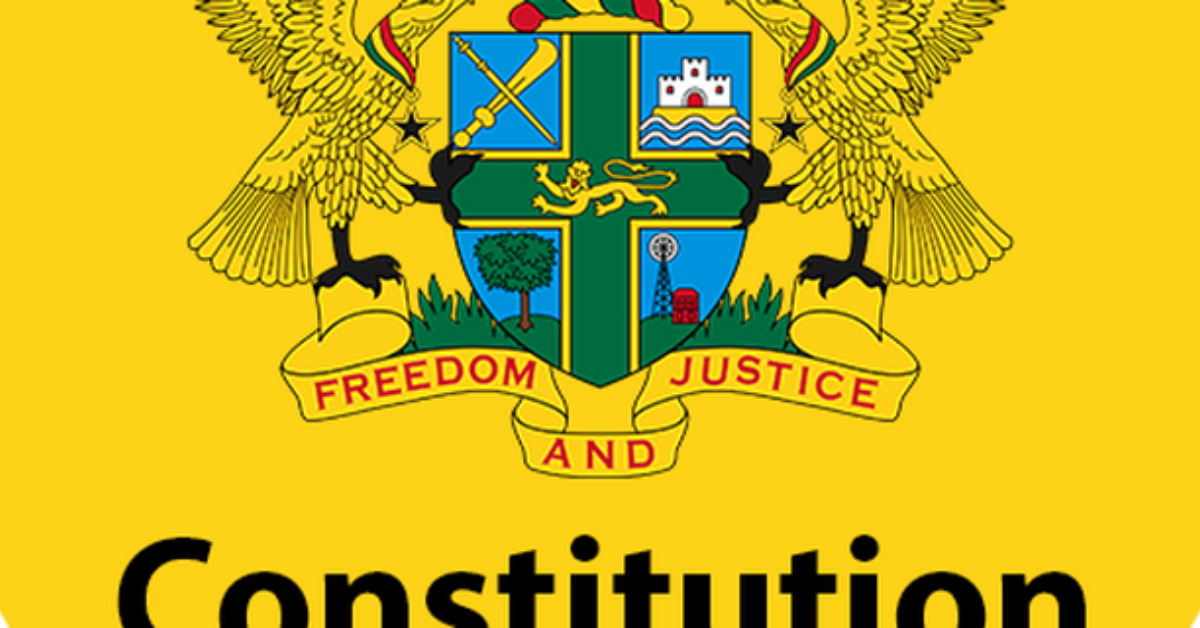Constitution is Bias Against Chiefs – Former Minister

Former Minister for Foreign Affairs, Hon Osei Kwasi Agyei, has raised concerns over the discriminatory limitations placed on chiefs by the constitution.
According to him, the current constitutional provisions that prevent chiefs from participating in active politics and being appointed to public office hinder their ability to effectively contribute to community development.
Speaking on Nkwantannanso on May 30, Hon Agyei emphasized that the power disparity between chiefs and government-appointed officials, such as ministers and Metropolitan, Municipal, and District Chief Executives (MMDCEs), limits the impact chiefs can have in their communities.
He stated, “Chiefs can’t do much because ministers and MMDCEs hold more power than them. If the chief’s objectives do not align with those of the government-appointed personnel, it becomes challenging for them to make substantial contributions to community development.”
Calling for a constitutional review, Hon Agyei highlighted the need to empower chiefs and grant them greater authority within the governance structure. He argued that chiefs play a crucial role in grassroots development and should be provided with the necessary tools to contribute meaningfully to their communities.
Expressing his concerns further, he questioned the establishment of a National House of Chiefs while simultaneously having a ministry overseeing its affairs.
“It is ironic that a country can have a National House of Chiefs while simultaneously establishing a ministry to oversee it. Such a setup seems to be a way to control the chieftaincy institution.”
Hon Osei Kwasi Agyei’s call for a constitutional review and the empowerment of chiefs highlights the importance of recognizing their role in local governance and community development.
It raises important discussions about the balance of power and representation within the constitutional framework, aiming to create an environment that allows chiefs to actively participate and contribute to the growth and well-being of their communities.








